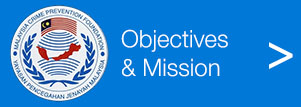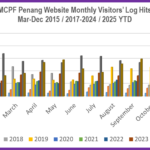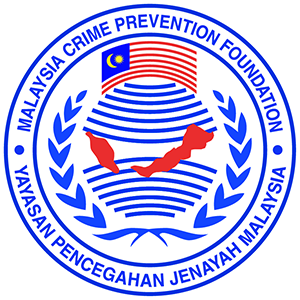
GEORGE TOWN: The recent arrest of enforcement officers at several airports has revived concerns over corruption and systemic failure in Malaysia’s immigration system.
The officers were allegedly involved in “counter-setting,” where immigration counters were pre-assigned to enable the illegal entry of foreigners in exchange for bribes.
Criminologist Datuk Dr P. Sundramoorthy said this pointed to a quid pro quo system involving corrupt officials and transnational syndicates.
“This is not a rogue act. This is a reflection of institutional decay — where illegality is procedural, and corruption is operationalised,” he said.
Sundramoorthy, from Universiti Sains Malaysia’s Centre for Policy Research, said what stood out was not the act itself but its predictability, with officers using coded terms like “lembu,” “kicap,” “durian” and “limau” in their notes to signal nationalities or bribe amounts.
He said this informal language reflected wider institutional deviance where corruption at the front lines allowed the steady flow of undocumented migrants.
A major crackdown in late 2024 revealed over 300 immigration officers involved, 47 smuggling syndicates dismantled and more than 1,285 individuals arrested, including middlemen and recruiters.
“The system isn’t merely exploited. It is actively complicit,” said Sundramoorthy, who studies Southeast Asian border corruption.
He said migrants, mostly from Bangladesh, Myanmar, India, Nepal and Pakistan, often paid up to RM12,000 to enter Malaysia on tourist or social visit passes and were later absorbed into informal labour sectors.
Though voluntary, the smuggling model was distinct from human trafficking, he said, and remained transactional despite its legal and ethical implications.
Sundramoorthy said such corruption rendered security tools useless. “When officers become facilitators, the border becomes just another business transaction,” he said.
He warned this undermined national security and public trust, and called for institutional reform, noting that enforcement alone would not resolve the problem.
This article first appeared on NST.
Past Events
- MCPF Penang Website www.mcpfpg.org Visitors’ Log hits a Monthly Record high of 23.24k in November 2025. Cum-to-date total: 977,865 (March 2016 to November 2025)
- MCPF SPS DLC participates in Camp for Uniformed Bodies at SJK (T) Nibong Tebal
- MCPF Penang engages in Operational Meeting at SMK Mengkuang, Bukit Mertajam to follow-up on CCTV Project Proposal
- MCPF Penang Quartermaster Munusamy Muniandy does an on-site Housekeeping / Maintenance inspection of MCPF Penang Office at PDRM IPK P. Pinang
- MCPF Penang & SPS DLC participates in PDRM’s Launching Ceremony of Amanita Taman Angkat at ADTEC ATM Kepala Batas






